Following the 1896 Supreme Court ruling in Plessy v. Ferguson, which codified “separate but equal” schooling, racial segregation was maintained for decades in schools across the country. African American schools were systematically underfunded and deprived of basic necessities.

Petitioners in Briggs v. Elliott pose for a group picture at Liberty Hill AME in Summerton, circa 1951. Photo credit: Cecil Williams. Source: PBS
In South Carolina in the 1940s, according to the National Park Service, “the average South Carolina school district was spending $221 per white student and only $45 per Black student in its schools.” In Clarendon County, South Carolina — where more than 30 buses serviced white students, while Black students were forced to walk miles to school because they had no access to a bus — local African American parents and NAACP leaders petitioned to get access to a bus but were ignored.

Harry and Eliza Briggs. Courtesy of Nathaniel Briggs. Source: Smithsonian
In 1949, the NAACP, Thurgood Marshall, and Clarendon County African American parents filed a lawsuit. Eliza and Harry Briggs were the first to sign the lawsuit. According to the National Park Service, “By the end, 107 parents and their children had signed the petition to sue the school district in federal court.”
Facing violence and death threats from segregationists, the parents and their lawyers files the lawsuit, Briggs v. Elliott, on May 16, 1950.
According to the National Park Service,
A three-judge panel at the U.S. District Court was presented with substantial psychological evidence and expert testimony presented on African American school conditions. The court ruled that Black schools in South Carolina were inferior to white schools but denied the plaintiffs’ request to abolish school segregation. Instead, they ordered the school board to begin equalization of the schools. [. . .]
The NAACP appealed the decision, heading to the U.S. Supreme Court, the first of five lawsuits challenging segregation that would be consolidated into the Brown v. Board of Education case.
Additional Resources
Briggs v. Elliott brought us Brown v. Board of Education. Here’s how. By Claudia Smith Brinson (PBS)
Briggs v. Elliott Digital Collection at the University of South Carolina (USC Libraries)
“Equal Everything” Petition, November 11, 1949 (Stories of Struggle)
Briggs v. Elliott 70 Years Later, the Case Out of Clarendon County That Helped Integrate Schools Nationwide by Billie Jean Shaw (WIS10)

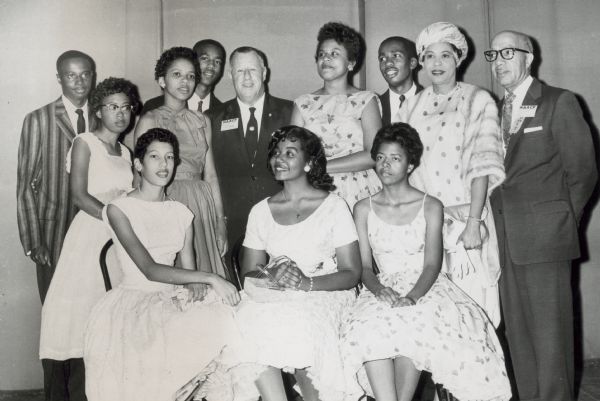
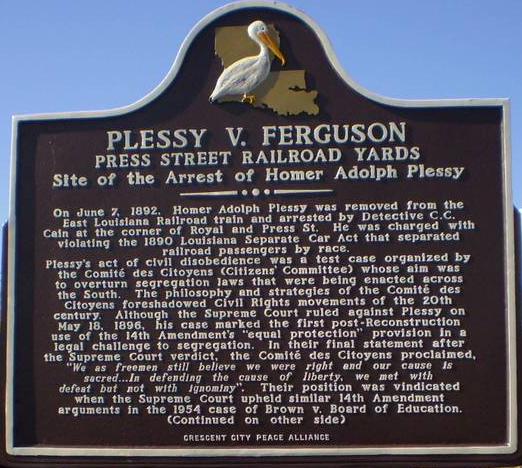
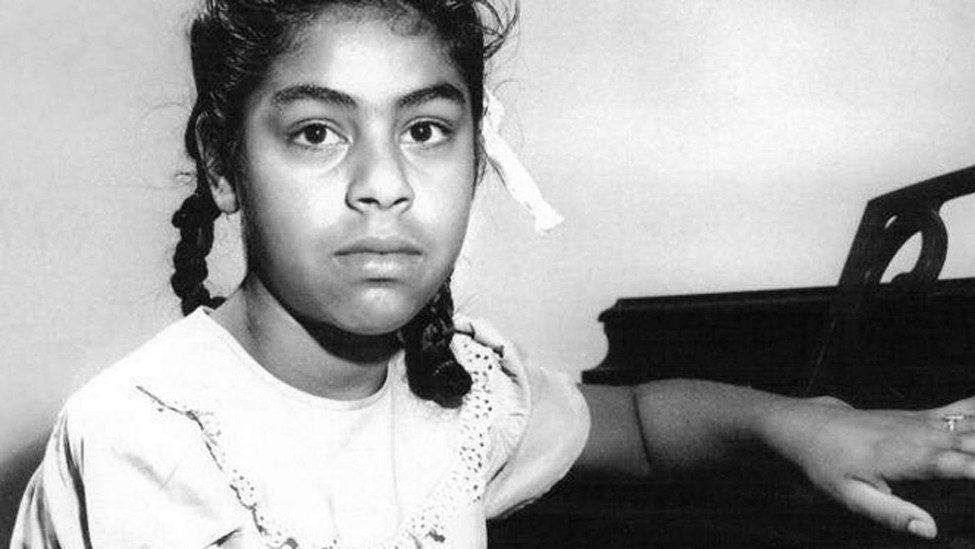
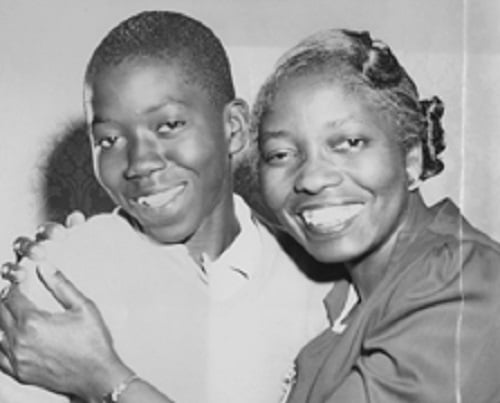
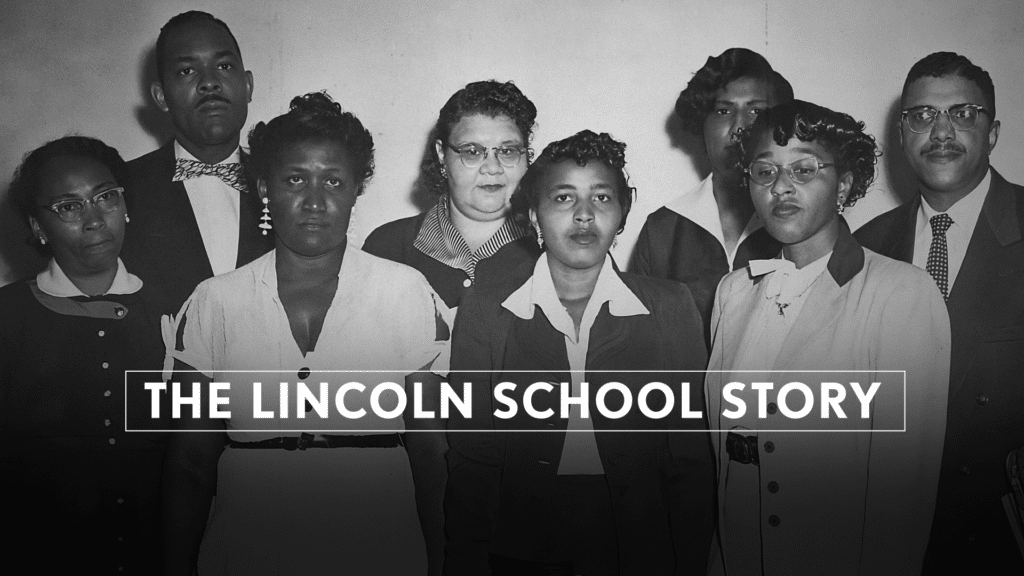





Twitter
Google plus
LinkedIn